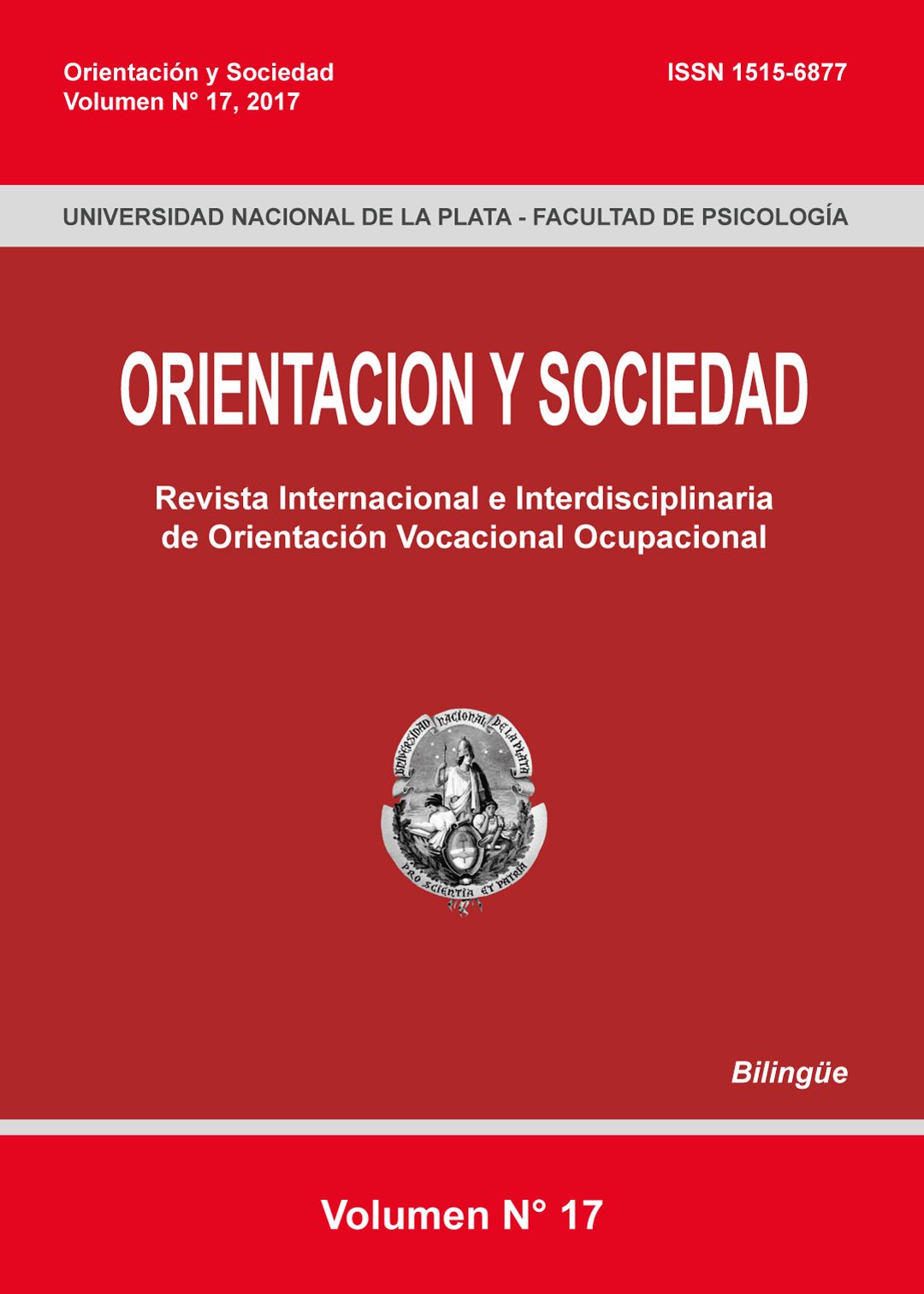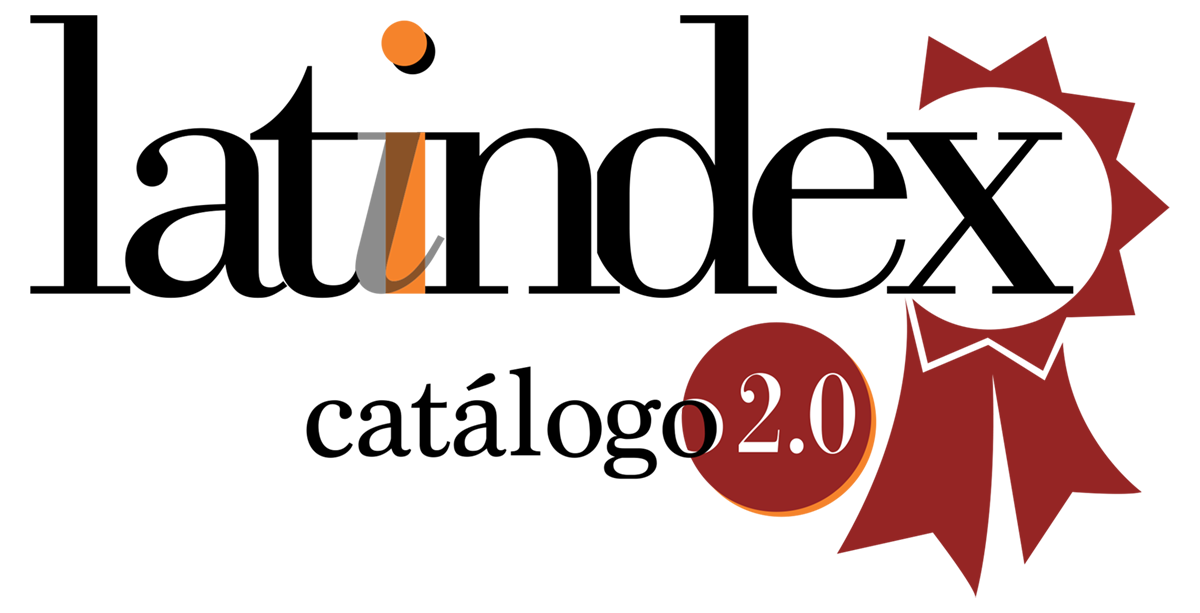Personal and social factors, recognized by entrants in the career choice of Psychology
Palabras clave:
New students, factors involved, motivations, choiceResumen
Introduction: The career choice is crossed by different factors related to the vocational problem: reasons of choice, preferences and interests, identifications, expectations and individual, social and contextual needs. The recognition of these aspects contributes to the achievement of satisfaction, permanence and commitment to the career. Objective: To describe personal and social factors in the choice of career, in a sample of entrants to the Faculty of Psychology. National University of Cordoba.Cohort 2016. Methodology: A quantitative, descriptive and cross-sectional study was carried out (Hernández Sampieri, Fernández Collado & Baptista Lucio, 2006). Sample: Non-probabilistic sampling, of accidental type. Data analysis: SPSS. 20 Instrument: The instrument used was a semi-structured-self-administered survey. Results: The sample is 136 students, from the Extended Leveling Course 2016, between 17 and 58 years, with a mean age of 22 years. 75.7% of the sample corresponds to the female gender. 58.8% are from the province of Córdoba, while 41.2% come from other Argentine provinces. With regard to work, 21.3% currently work and 40.4% said they need work to be able to study. The most frequent reasons considered to choose the race were: 12.1% to help people, 11.6% interest in the theme, 11.3% motivation to listen to people. Conclusion: The aspects considered correspond to motivations, interests and expectations coming from the social context of belonging: family, school, group, among others. The feeling of personal accomplishment, the vocation and interest for the race and the work with the people; Are the most valued aspects among the respondents. The need to know these particularities will allow the construction and implementation of interventions more in line with the educational needs of students and articulate with institutional spaces of the Faculty.


























